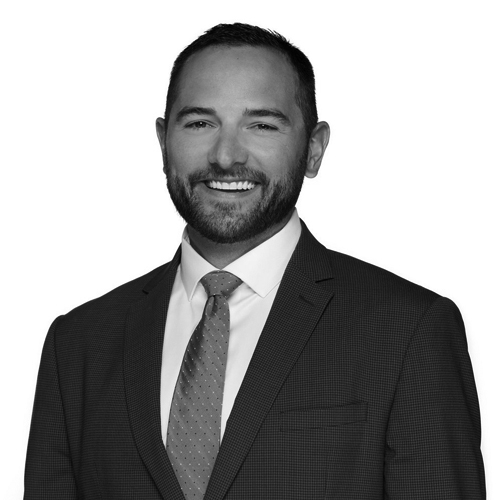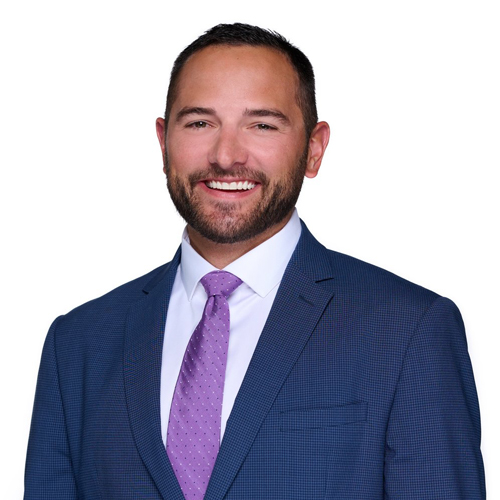In our previous article, we explored how much cash your business should keep in reserves. But what happens if your business begins earning cash above and beyond those reserve requirements? Should you take it as personal income or reinvest it within your business? As with most financial decisions, the answer depends—on your personal financial goals, your business objectives and structure, and your overall tax strategy.
This article builds on our previous discussions about cash reserves by focusing on business brokerage accounts: what they are, how they work, and how they can align with your business goals. These decisions can quickly become complex, so treat this as general information rather than a step-by-step guide. A well-crafted business investment plan should involve collaboration with a financial advisor, a specialized CPA, and, in more intricate cases, even a legal professional.
The Business Brokerage Account
What exactly is a business brokerage account? Simply put, it’s an investment account opened under your business’s name using your business’s tax ID number rather than your personal Social Security number.
Much like a personal brokerage account, a business brokerage account gives you access to investments like stocks, bonds, mutual funds, ETFs, CDs, treasury bills, and more—all while keeping a clear legal separation between your business and personal assets. Plus, the fees associated with the account are typically tax-deductible as business expenses, making the investing process a little smoother and more cost-effective.
And like your personal financial planning, your business investing should be guided by specific goals and timelines.
Short-Term Goals (0-2 years)
Equipment upgrades, office renovations, marketing campaigns, inventory expansion. These typically require more conservative investments focused on capital preservation.
Medium-Term Goals (2-5 years)
Business expansion, new location openings, major equipment purchases, technology infrastructure upgrades. These might allow for a moderate mix of growth and income investments.
Long-Term Goals (5+ years)
Business acquisition, real estate purchase, succession planning, legacy building. These longer horizons might permit more aggressive growth strategies.
If you have a significant purchase coming up in a year, you probably don’t want to purchase any investments with long-term growth potential but high short-term volatility. Conversely, if you have a long-term goal, perhaps a low-interest bond won’t best suit your purposes.
But before you make any purchase, you should consider sitting down with a financial advisor to help address the following questions:
- How much volatility can your business handle?
- What's your business's investment timeline?
- How might market downturns affect operations?
- Beyond emergency reserves, what occasional needs might arise?
- How quickly might you need to access invested funds?
- What percentage should remain highly liquid?
- What are your business's specific growth targets?
- How might invested funds support these objectives?
- What metrics will you use to measure success?
- How will taxes affect your investment strategy?
- Are there any tax incentives or deductions available?
Asset Protection Considerations
One compelling reason to keep excess cash within your business, especially if it’s an LLC or corporation, is the protection it provides from personal liabilities. For example, suppose you face personal bankruptcy or legal issues. In that case, your business assets will likely be protected from legal actions such as personal creditor claims or lawsuits unrelated to the business. However, this protection only works if you maintain clear boundaries between personal and business finances, avoid personally guaranteeing loans, stay on top of taxes, and steer clear of regulatory penalties.
Your Business Structure
The way you structure your business has a significant impact on how you manage excess cash. Whether you’re running things as a sole proprietor, part of an LLC, or a shareholder in a corporation, your setup influences not just how you handle profits but also how you safeguard your assets and deal with taxes
Sole Proprietors and Single-Member LLCs
For sole proprietors and single-member LLCs, profits are automatically passed through to your personal tax return. This means you pay personal income tax on those earnings, regardless of whether you reinvest them in the business or take them as personal income. However, keeping funds within the business still offers advantages, such as maintaining a clear separation between business and personal finances, which is essential for liability protection and qualifying for business deductions.
Partnerships and Multi-Member LLCs
If you’re part of a partnership or multi-member LLC, things get a bit more complicated. How you manage excess cash—and whether it makes sense to keep it in a business brokerage account—depends on your ownership structure and agreements with the other members. Profits are usually divided based on the terms in your operating agreement, and any income from investments in the account could pass through to each member’s personal taxes. That’s why it’s important to have a clear plan everyone agrees on to avoid confusion and stay on the same page financially.
Corporations: C and S Corporations
If your business is a corporation—whether it’s a C corp or an S corp—how you handle excess cash gets a little more strategic. For C corporations, profits face double taxation, first at the corporate level and then again when paid out as dividends to shareholders. To work around this, some C corps choose to pay out profits as salaries or bonuses to owner-employees since those are tax-deductible. Another option? Keeping the cash in a business brokerage account and investing it to grow its value. Just make sure you’re not holding onto more than what’s considered reasonable for business needs, or you could run into extra taxes on retained earnings.
S corporations, on the other hand, pass profits straight through to shareholders, who pay taxes on it at their personal rates. But before divvying up profits, S corps have to pay shareholder-employees a reasonable salary. Any extra cash can still be invested through a business brokerage account, though the investment income will eventually show up on shareholders’ personal tax returns.
In Conclusion
Are you unsure how to manage your business’s excess cash and wondering how to optimize your financial strategy? At WealthGen Advisors, we’re all about helping business owners like you make smart, personalized financial decisions. We get that every business is different, and we’re here to provide the expert guidance you need to navigate these choices with confidence.
Ready to help make sure your money is working as hard as you are? Click the button below to set up a consultation. Let’s chat about how we can help your business—and your personal finances—reach their full potential.













